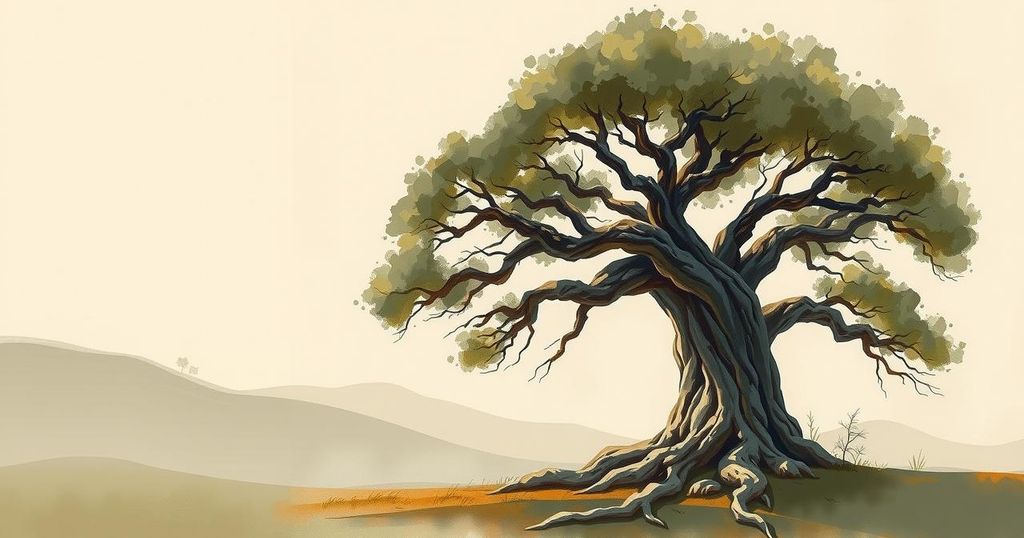Family Members and Caregivers: The Leading Abusers of Elderly Jamaicans, Says MLSS

According to recent statistics from the Ministry of Labour and Social Security, family members and caregivers represent the largest group of abusers of elderly individuals in Jamaica. From 2019 to 2024, there were 134 documented cases of abuse, primarily financial, followed by neglect and emotional abuse. Urgent legislative attention is called for to improve the protection of vulnerable seniors.
Recent findings from the Ministry of Labour and Social Security (MLSS) have revealed a disconcerting trend: family members and caregivers are the leading perpetrators of abuse towards elderly Jamaicans. During a presentation to a Senate committee on Tuesday, the MLSS shared alarming statistics that underscore the need for legislative changes to enhance the protection for the nation’s aging population.
From 2019 to 2024, there were 134 reported cases of elder abuse documented by the National Council for Senior Citizens (NCSC). Of these, a staggering 77 cases involved family members as the primary abusers. Caregivers accounted for 42 cases, while only a handful were attributed to strangers and close contacts. The types of abuse reported ranged from neglect and financial exploitation to physical, emotional, and even sexual abuse.
In terms of categories of abuse, financial exploitation topped the list with 43 cases, closely followed by neglect or abandonment at 39 cases. Physical abuse comprised 26 incidents, emotional abuse accounted for 24, and there were two reports of sexual abuse. The data drawn from these reports are essential for framing upcoming discussions about protective measures for vulnerable seniors.
Particularly troubling is the demographic breakdown of the abused. Among the financial abuse cases, 28 involved female victims. In the emotional abuse category, women were victimized at a rate two to one compared to men, with totals of 16 for females and eight for males. Within the neglect category, 21 females were reported affected, alongside 18 males. Such numbers illustrate a significant disparity in the experiences of elderly men and women in Jamaica.
The MLSS’s findings highlight urgent societal issues that require immediate attention. As the Senate committee deliberates on legislative reforms, these statistics will serve as pivotal evidence in advocating for stronger protections to safeguard the elderly from such horrendous treatment in their later years.
As the discussions unfold, the importance of recognizing the roles that family members and caregivers play in the lives of elderly individuals cannot be understated. These relationships often serve as a double-edged sword, essential for care yet sometimes leading to abuse. The need for a system that both supports caregivers and protects elderly citizens remains a pressing agenda for policymakers and community leaders alike.
The statistics provided by the Ministry of Labour and Social Security reveal a troubling reality where family members and caregivers significantly contribute to the abuse of elderly Jamaicans. With financial abuse being the most prevalent form reported, followed by neglect and emotional abuse, it is crucial that legislative measures are revisited. Efforts must focus on creating a system that adequately protects the elderly, while also considering the dynamics of caregiver relationships. Only with proactive action and awareness can we hope to reduce these alarming trends and ensure safety for our aging population.
Original Source: www.jamaicaobserver.com







